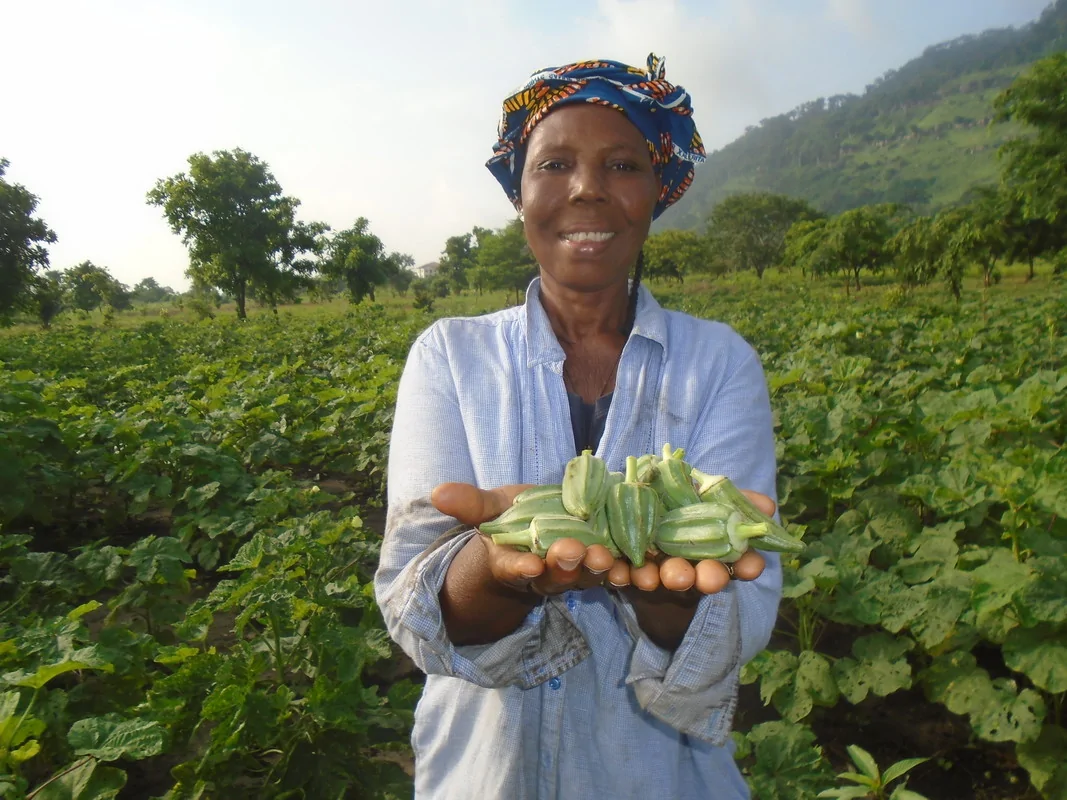Agriculture is a significant source of the world’s greenhouse gases, and is highly vulnerable to its impacts. The IPCC Special Report on Climate Change and Land (August 2018) confirms that to become fit for purpose in an era of climate change, agriculture must move away from intensive and industrialized approaches towards food systems based on agroecology and less and better meat.
The transformation of food systems towards agroecological approaches that work for people and nature must therefore be done in a way that works for farmers, farm workers, processors and marginalized communities, including low-income urban consumers. With the involvement of communities, Governments can identify barriers, concerns and gaps, and develop comprehensive policy frameworks that provide joined-up solutions, social protection and positive opportunities for a better food system that works for farmers and the climate. In this way many communities that might otherwise resist climate action can become powerful advocates for change.
Authors: Teresa Anderson
With thanks to: Sophia Allen, Samantha Smith, Bert de Wel, Anabela Rosemberg, Gowin Ojo, Ruchi Tripathi, Zakaria Sambakhe, Celso Marcatto, Kelly Stone, Tristan Quinn-Thibodeau, Chris Saltmarsh, Nick Rau, Vicki Hird, Dan Crossley, Lasse Bruun, David Pedersen, Jordan Treakle, Federica Varini, Pawel Wargan, and David Adler.
Date published: December 2019
Number of pages: 35 pages
